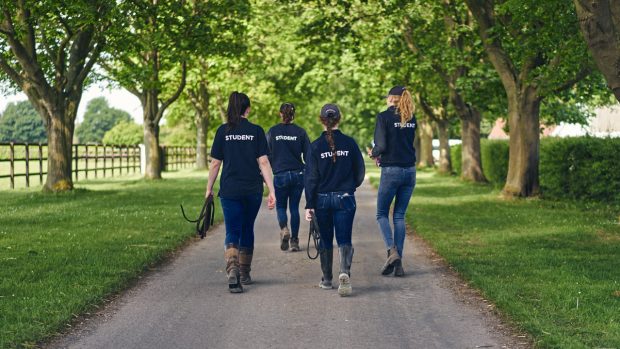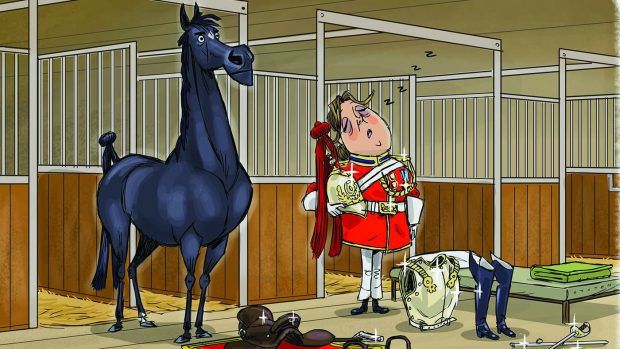The racing industry has taken significant steps towards modernising conditions for stud and stable staff, but more must be done to improve the welfare of the workforce and attract new people into racing.
That is the verdict of the latest meeting of the Stable and Stud Staff Steering Group (SSSSG), a body that reports annually on how well the recommendations made in the Donoughue report are being implemented.
The Donoughue report urged the various bodies within racing to adopt a variety of measures to improve pay, working conditions and educational opportunities for stud and stable staff.
Racing is unique in being the only equestrian discipline with an industry-backed blueprint designed to improve the conditions of its workforce.
Baroness Ann Mallalieu chairs the SSSSG and she told H&H that there are still some key areas that need to be addressed.
“Retention is a big problem,” she said. “Issues such as pay, housing and pension provision all influence staffing levels and we have to work on these or we will lose people from racing.”
The SSSSG report is based on the findings of a survey sent out to 6,000 individuals — the majority of the racing workforce. The survey revealed that there had been little improvement over the past 12 months on linking overtime pay to hours worked.
The survey also discovered high levels of disenchantment among older members of the workforce. The SSSSG said this could be attributed to low wage levels for even the most experienced employees combined with few opportunities for career development.
But the survey discovered that 49% of the recommendations made in the Donoughue report have been carried out, while 33% are currently in progress.
Improvements include making the wearing of body protectors compulsory, better facilities for staff at racecourses and the establishment of the Newmarket Racing Partnership, a group that works to tackle the problem of substance abuse in the town.
The SSSSG also noted that applications to Britain’s racing colleges are up 60% on last year. But the group criticised the Stable Lads’ Association (SLA) for its reluctance to reform and Baroness Mallalieu stressed that change here was “crucial”.
“A good many changes that need to be made could be done by the SLA,” she said. “The SLA must expand and be more representative of its members, and this needs to happen now.”




